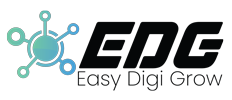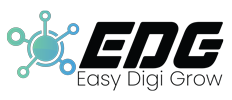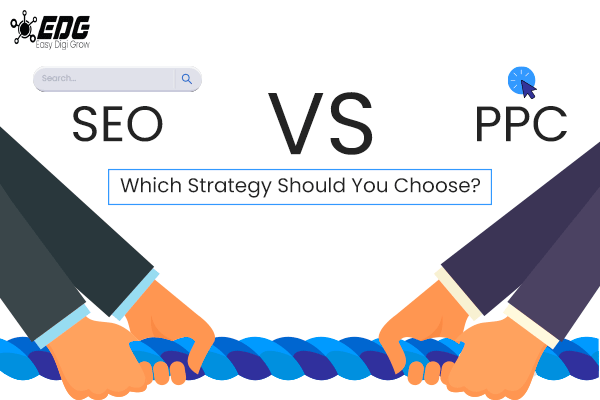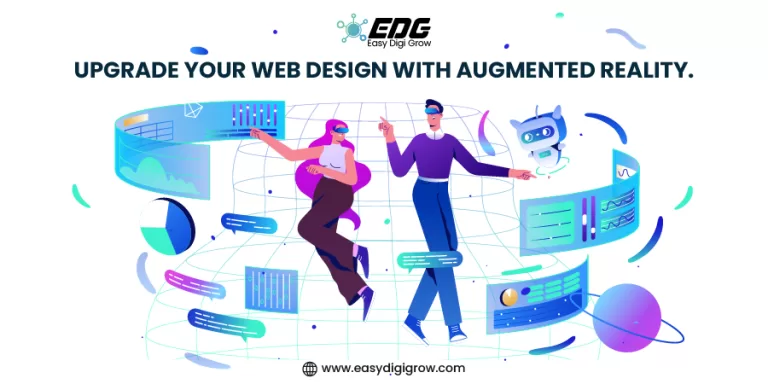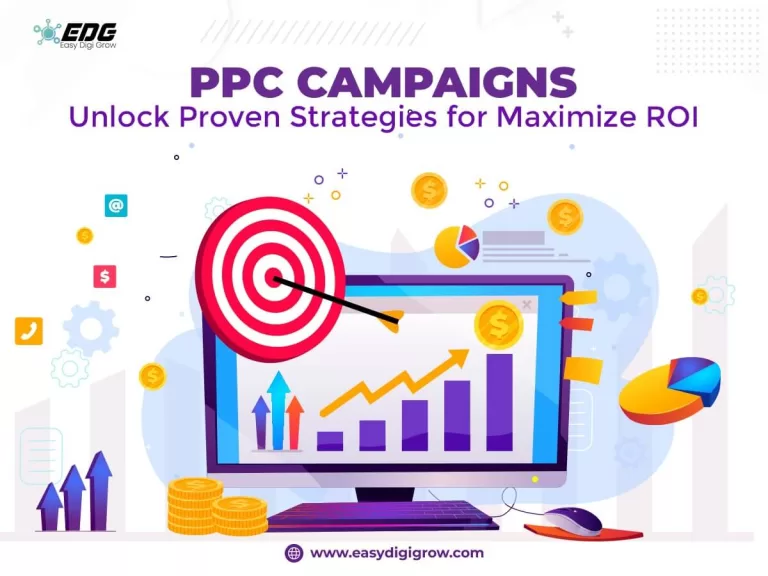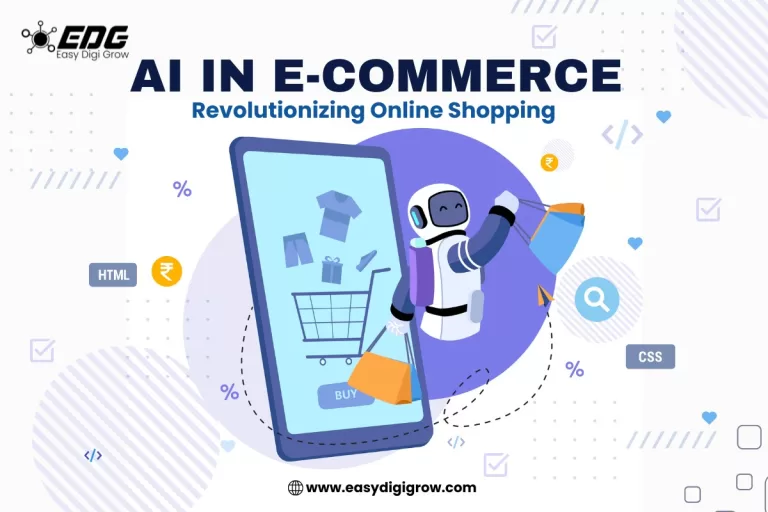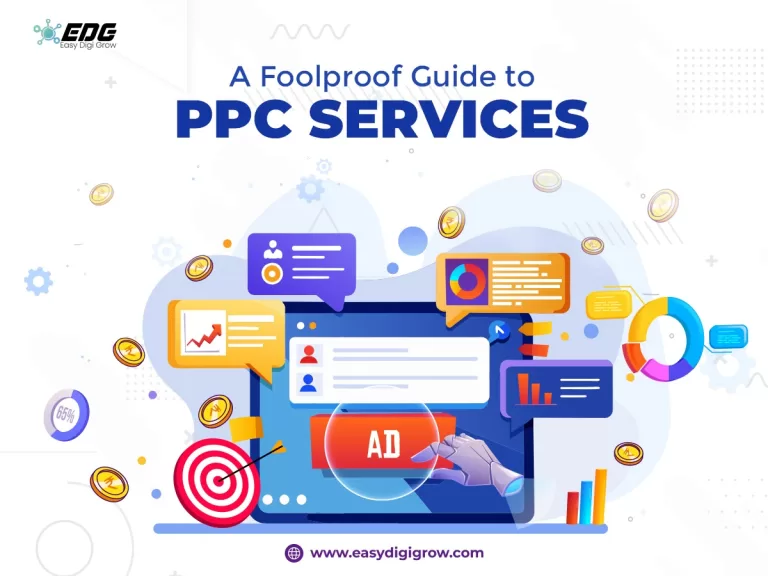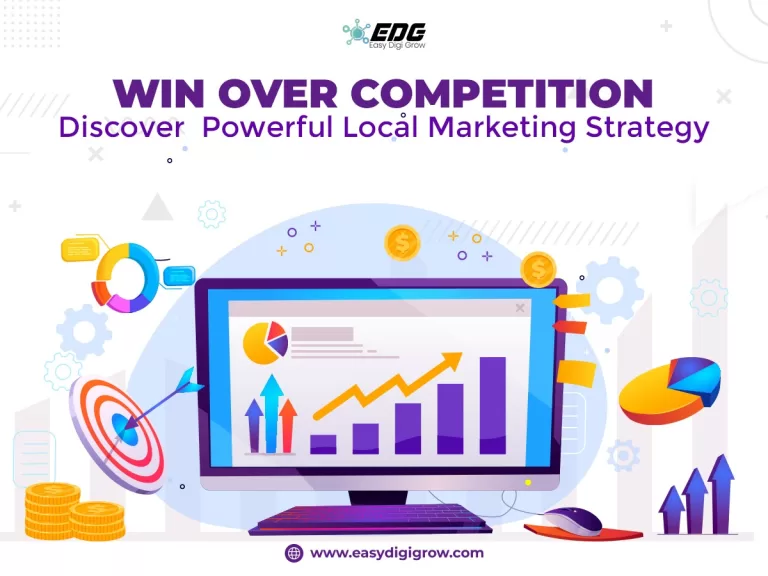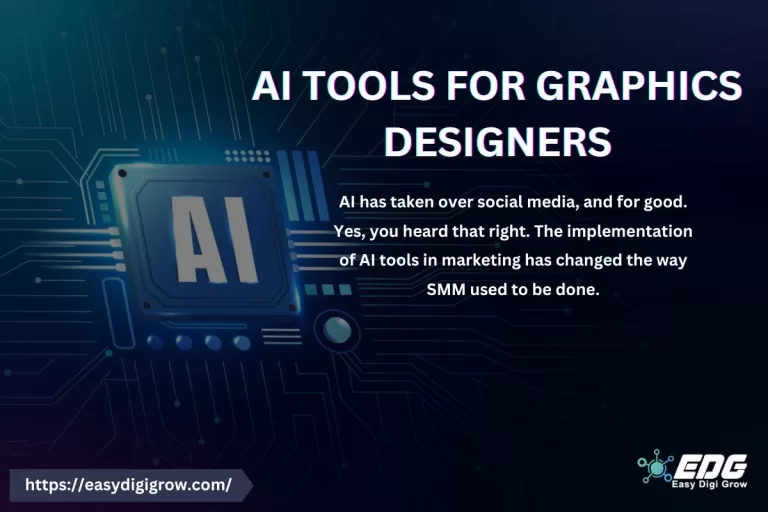Welcome to the digital battlefield, where businesses strive to conquer the online presence and attract more customers. In this quest for supremacy, two powerful strategies emerge Search Engine Optimization (SEO) and Pay-Per-Click (PPC) advertising. Together, we’ll unravel the mysteries of SEO Vs. PPC, exploring their unique benefits in simple terms. You’ll gain the tools and understanding you need to conquer the digital landscape and achieve online success.
Join us on an exciting journey as we explore the SEO vs. PPC strategies and unlock the potential to take your business to greater heights. Discover the winning strategies that will propel your business forward in the digital landscape.
Understanding SEO
SEO is a long-term strategy that aims to improve your website’s visibility in organic search results. By optimizing various aspects of your website, such as content, keywords, and backlinks, you can attract relevant traffic from search engines like Google. The benefits of SEO services go beyond just driving traffic:
- Organic search traffic: Organic search results are the primary source of website traffic for most businesses. By ranking higher in organic search results, you can increase the chances of attracting quality leads and potential customers.
- Long-term benefits: Unlike PPC, which requires ongoing investment, SEO can provide long-lasting results. By consistently optimizing your website, you can establish a strong online presence and enjoy sustained organic traffic.
- Ranking factors: Search engines use various algorithms and ranking factors to determine the relevance and quality of websites. Factors like keyword usage, backlinks, site speed, and user experience play a crucial role in SEO success.
Exploring PPC
Top PPC services offer immediate visibility and results. With PPC, you create and run paid ads on search engines and other platforms. Here are some key considerations when exploring PPC:
- Immediate results: Unlike SEO, which takes time to show results, PPC can generate immediate traffic to your website. This can be beneficial when you want to drive targeted traffic during specific campaigns or promotions.
- Cost considerations: PPC involves paying for each click on your ads. The cost per click can vary depending on factors like keyword competitiveness and ad quality. Careful budgeting and optimization are crucial to ensure a positive return on investment (ROI).
- Ad platforms options: PPC offers various platforms to run ads, such as Google Ads, Bing Ads, and social media platforms. These platforms provide robust targeting options, allowing you to reach your desired audience based on demographics, interests, and browsing behavior.
SEO vs. PPC: Pros and Cons
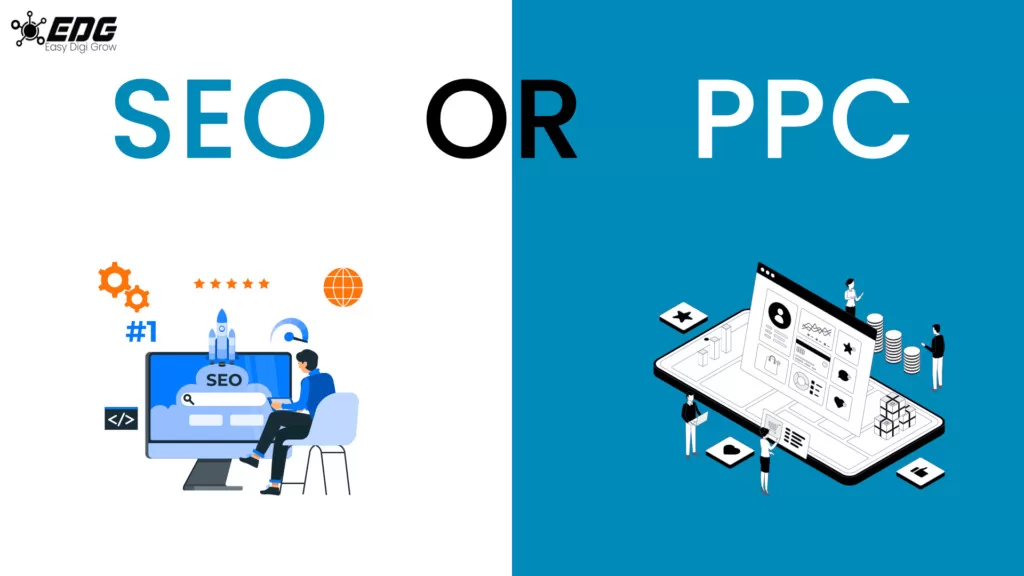
Both SEO and PPC have their respective advantages and limitations. Let’s explore them:
SEO Pros:
- Long-term investment for sustainable organic traffic and credibility.
- Establishes a strong online presence and brand authority.
- Cost-effective in the long run compared to ongoing ad spend.
- Provides valuable insights into user behavior and search trends.
- Improves website usability and user experience.
SEO Cons:
- Takes time to see significant results, typically several months.
- Sustaining rankings requires continuous effort and optimization.
- Susceptible to changes in search engine algorithms.
- Competing with larger and more established websites can be challenging.
- Organic rankings can be impacted by external factors beyond your control.
PPC Pros:
- Immediate visibility and targeted reach to specific audiences.
- Enables precise keyword targeting and ad customization.
- Provides quick results and measurable outcomes.
- Flexible budget control with the ability to adjust spending.
- Remarketing capabilities to re-engage with potential customers.
PPC Cons:
- Requires ongoing financial investment for ad campaigns.
- Costs can quickly add up, especially in competitive industries.
- Dependent on bidding for keywords, making it susceptible to price fluctuations.
- Ad visibility ends once the budget is exhausted.
- Limited long-term benefits compared to the cumulative effects of SEO.
Get your business ranked No. 1 in search engine results with our ultimate guide on boosting your SEO ranking.
Factors to Consider When Choosing Between SEO and PPC
When deciding between SEO and PPC, several factors should be considered:
- Budget and resources: Evaluate your budget and available resources for marketing efforts. SEO typically requires more time and effort investment, while PPC requires a monetary investment.
- Timeframe for results: Determine your desired timeframe for results. If you need immediate visibility and traffic, PPC may be a suitable choice. If you can allocate time for long-term growth, SEO can yield sustainable results.
- Competition dynamics: Analyze your competition and industry landscape. If your industry is highly competitive, PPC can help you gain visibility while you work on improving your organic rankings through SEO.
- Define Marketing goals: Define your specific marketing goals. If brand awareness and long-term growth are your primary objectives, SEO is a strong contender. If you aim to drive immediate conversions or have specific promotions, PPC can be effective.
Also, check out our Website Design Trends guide
SEO Vs. PPC: The Power of a Blended Approach
When it comes to online marketing, the debate between SEO and PPC has been ongoing. However, in most cases, the optimal approach lies not in choosing one over the other, but in integrating both into a holistic SEM (Search Engine Marketing) strategy. By aligning SEO and PPC efforts, businesses can achieve superior results that go beyond the individual benefits of each strategy.
Here are some key advantages of running SEO and PPC together:
- Data Synergy: PPC campaigns provide valuable keyword and conversion data that can be utilized to optimize organic search efforts. Insights gained from PPC can inform keyword targeting, content creation, and overall SEO strategy.
- Weak SEO Areas: PPC can effectively cover geographic areas where SEO may have limited reach or weaker coverage. This ensures that your business gains visibility and captures valuable leads in regions that may be challenging to target through organic search alone.
- Increased Traffic: By targeting high-performing keywords through both paid and organic channels, you can maximize your overall traffic volume. This comprehensive approach ensures that you capture clicks from users across different search results sections.
- Optimizing Keywords: PPC allows you to test keywords that may be high-cost or low-converting. By analyzing the performance of these keywords in paid campaigns, you can strategically move them to organic search to save on costs while maintaining visibility.
- A/B Testing: The ability to A/B test ad copy and landing pages in PPC campaigns provides valuable insights that can be applied to organic listings and landing pages. By leveraging the data and learnings from PPC, you can enhance your organic search presence and improve user engagement.
- Remarketing Practice: PPC remarketing enables you to reconnect with visitors who initially found your website through organic search. Customizing your messaging and targeting these users can increase brand awareness, nurture leads, and drive conversions.
- Testing Ground: PPC campaigns can serve as a testing ground for keyword strategies before committing to long-term SEO efforts. By evaluating keyword performance, search volumes, and user behavior in PPC, you can fine-tune your SEO approach and optimize your organic search visibility.
- Targeting Users: By utilizing SEO and PPC, you can effectively target users at various stages of the customer journey. From research-oriented queries to comparison-based keywords and commercial intent phrases, the blended approach ensures visibility and engagement throughout the buyer’s decision-making process.
Conclusion
In the battle of SEO vs. PPC, there is no one-size-fits-all solution. The right choice depends on your business goals, budget, timeframe, and competition.
Understanding the strengths and limitations of both strategies is essential for making an informed decision. Remember, you can also combine SEO and PPC for a comprehensive and effective digital marketing strategy. EasyDigiGrow is a top-notch digital marketing company that excels in 360-degree digital marketing services. Get in touch with us for outstanding results.
FREQUENTLY ASKED QUESTIONS
- Is SEO or PPC better for my business?
The choice between SEO and PPC depends on various factors such as your budget, goals, and timeline. Assess your specific needs and resources to determine the most suitable digital marketing strategy.
- How long does it take to see SEO results?
SEO is a long-term strategy, and results can vary depending on factors like competition and optimization efforts. It may take several months to see significant improvements in organic rankings.
- Can I run PPC ads without an SEO strategy?
Yes, you can run PPC ads without an SEO strategy. However, combining SEO and PPC can provide a more comprehensive and effective digital marketing approach.
- Can I switch from SEO to PPC or vice versa?
Yes, you can switch between SEO and PPC based on your evolving business needs and goals. It’s important to assess your marketing objectives periodically and adjust your strategies accordingly.
- Should I hire a professional for SEO or PPC services in Delhi/NCR?
While it’s possible to manage SEO and PPC in-house, hiring a digital marketing agency with expertise in these areas can help you navigate the complexities and maximize results. Consider the resources available and the level of expertise required before making a decision.
- How do the ROI metrics differ between SEO and PPC, and which strategy generally provides a higher ROI for small businesses?
The ROI metrics differ between SEO and PPC. PPC generally provides a higher initial ROI due to its immediate visibility and targeted approach. SEO, being a long-term investment, can lead to a higher ROI over time through sustained organic traffic and credibility. A blended approach that combines both strategies can often yield the best overall ROI for small businesses, considering factors such as budget, competition, and desired outcomes. Monitoring and analyzing performance is crucial for data-driven decision-making.
